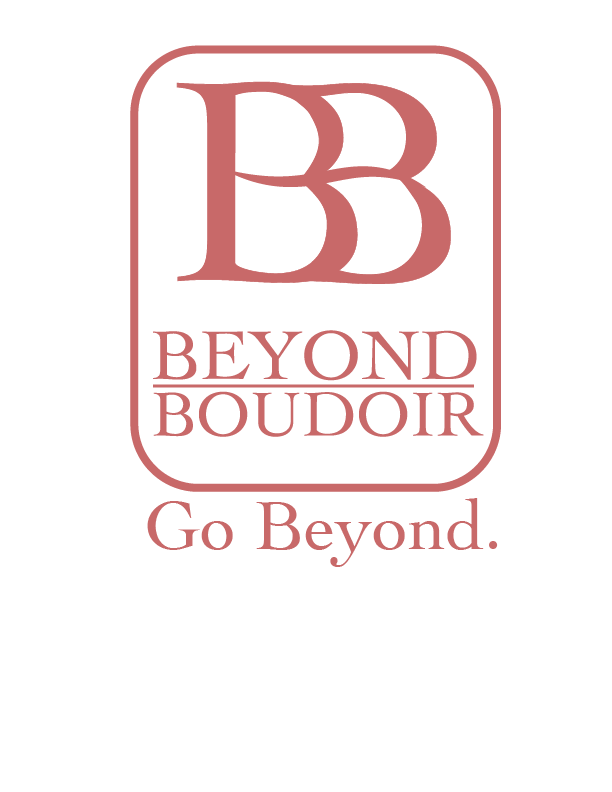Embracing Equity
Welcome to International Women’s Day, 2023.
On the list of important days throughout the year, this one is a pretty big one for me.
And this year’s theme is pretty important to me, too.
I was, despite my best efforts, born as a white, middle class, male.
While I assume no power over anyone else, I know that I have a certain privilege, simply due to my gender, and the colour of my skin.
There are a few reasons for this. One of those is history. We live in a society where white men have traditionally held power. And, unfortunately, once someone has power, they are reluctant to share that power with others. It’s been just over 100 years since women in Alberta got the right to vote in 1916.
Despite that, it was only in 1929—13 years after they got the right to vote—that women were recognized as “persons” under the law.
And it took until 1960 before all people were given the right to vote, including Aboriginal Men and Women.
In 1956, the Female Employees Equal Pay Act made wage discrimination based on sex against the law; and in 1986, the Employment Equity Act required employers to identify and eliminate unnecessary barriers that limit employment opportunities.
Even so, women still only make 76.8 cents to every dollar that men make.
And, Canada ranks 24th out of 156 countries in closing the Gender Gap.
Many women—for whatever reason—tend to wind up working low wage jobs. Yes, we have a female premier in Alberta, but only 27 of the 89 MLA seats are held by women.
And this year, many celebrated the fact that there are now more than 10 percent of fortune 500 companies led by women.
Yes, it’s progress, but considering that basically half the population is female, ten percent is laughably low. And yes, in 2002 there were two women (not two percent, two women) sitting in the big chairs at fortune 500 companies, so we’re making progress.
The times, they are a changing. But slowly.
Despite the fact that we pay lip service to the belief that “all individuals, regardless of their gender, race, ethnicity, sexual orientation, religion, or any other characteristic, should be treated with equal respect and dignity, and have equal access to opportunities, resources, and rights,” we still don’t act like it.
Not entirely.
We have come a long way in the last 100 years, but we still have a long way to go, and it’s always the last few steps that are the hardest.
We have talked about issues of equality. But this year’s theme goes one better. It is about equity. While the words are similar, the meanings are different. Equality means treating everyone equal. Equity means giving people the resources to achieve the same outcome.
There’s a classic cartoon. Hang on, let me go find it. Here:
This image contains at its heart the difference between equality and equity. It also offers a third path, which is to eliminate the cause of the inequality.
When the laws say “a woman is not a person”, that’s very easy to recognize and change. But it’s a lot harder to change the fact that there is little support for women who take on the majority of caregiving responsibilities, not just for children, but also for elderly parents.
How do we—as individuals, as a society—work towards eliminating barriers? Work towards creating a landscape that is equitable? It’s hard, because often times we don’t even recognize the barriers.
Here’s a few thoughts on how to do that in the workplace, in the education system and how to do it in society in general.
Today, I want to celebrate all the women out there who are surviving. Who are thriving. Or who are doing their best just to get by. I want to support you, in whatever small way I can. Thank you to the ones who have been bold enough to let me celebrate them in images.
As a photographer, my goal is to lift up and celebrate all people, but especially women. Not just for their beauty, but for their strength and power and joy and character and feelings and emotions. I want the people I work with to look at the images I shoot and be filled with confidence and the knowledge that they can go out there and change the world. That it might be hard, but that’s okay. Because you’re strong enough and capable enough to do it.



